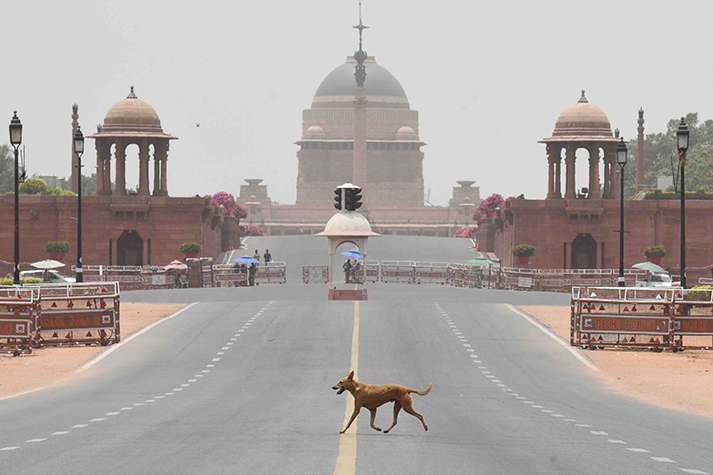
10 Dec
The Constitutional Scheme of Animal Rights in India
The Constitution of India dictates the code, procedure, powers, and duties of the governing body, and the fundamental rights, duties, and directive principles of the citizens. In effect since 1950, not even the parliament can override the constitution. Amendments have also been made to the constitution over the years, to better evolve with the times, which means it contains amendments made to better the treatment of animals and provide them with certain rights as well.
Here Are A Few Articles of The Constitution of India, Which Detail Animal Rights.
Article 21
Article 21 pertains to the protection of life and personal liberty. “No person shall be deprived of his life or personal liberty except according to procedure established by law.”
While at first glance this article doesn’t seem to extend to animals, it is one of the most fundamental articles for the welfare of animals. In prior cases, the supreme court has maintained that every species has a right to life. Article 21 does protect the fundamental rights of a human being, and because the word “life” is defined in various ways, and since life isn’t exclusively human, the lives of animals fall under this protection as well. The word “life” in this article doesn’t merely refer to surviving or existing; rather, it also means the ability to lead a dignified & peaceful existence.
Article 48
Article 48 states the following:
“The State shall endeavour to organize agriculture and animal husbandry on modern and scientific lines and shall, in particular, take steps for preserving and improving the breeds, and prohibiting the slaughter, of cows and calves and other milch and draught cattle.”
Since fundamental rights pertain to humans and not animals, Article 48 is a DPSP. As cows are a sacred animal in India, it was introduced to protect and safeguard them. It is a part of the Directive Principles of State Policy, which are not enforceable in court. However, states apply these DPSP’s in the law making process.
Article 48A
Article 48A is also a part of the DSPS, which outlines the safeguarding and conservation of the environment, and the protection of the flora and fauna in the country. It states the following:
“The State shall endeavour to protect and improve the environment and to safeguard the forests and wildlife of the country.”
This Article concerns the maintenance of an area’s ecology, which animals are a huge part of. While it is a part of the DSPS and theoretically cannot be enacted, it can be enacted under the scope of Article 21, which protects the right to life.
There is a difference between fundamental rights, and Resident Welfare Association (RWA) rights. The two are often mistaken for the other, and while it may appear to be the case, RWA’s have no statutory power. As voluntary organizations, they have no authority to enforce social, ethical, or moral rules.
Fundamental Duties
Along with fundamental rights, the Constitution of India also contains a set of fundamental duties. As citizens, we have certain rights, but duties to go along with them. Article 51A summarizes our fundamental duties when it comes to animals and the environment. The following clauses in Article 51A pertain to animal rights:
It shall be the duty of every citizen of India:
(g) to protect and improve the natural environment including forests, lakes, rivers and wildlife, and to have compassion for living creatures;
(h) to develop the scientific temper, humanism and the spirit of inquiry and reform;
Both clauses express the need to conserve and protect the natural environment, and the creatures inhabiting it. Animals must be protected, be treated with kindness and compassion, and as humans, it is our duty to learn to co-exist with the animals in our environment, immediate or otherwise.
These Articles and Clauses protect the lives and welfare of animals and must be respected. Animals have a right to live, to live their lives with dignity, and without interference or hassle from humankind. Their habitats must be protected, and the biodiversity of an area must be maintained. Humankind may be more powerful than animals, but nature is the most powerful of all, so it is unwise to meddle with the delicate systems which comprise our ecology.






AUTHOR’S BIO
Carry My Pet
Passionate pet enthusiasts and globetrotters, dedicated to easing furry friends' journeys worldwide. Penning tales of compassion at CarryMyPet, where every relocation is a tail-wagging adventure.